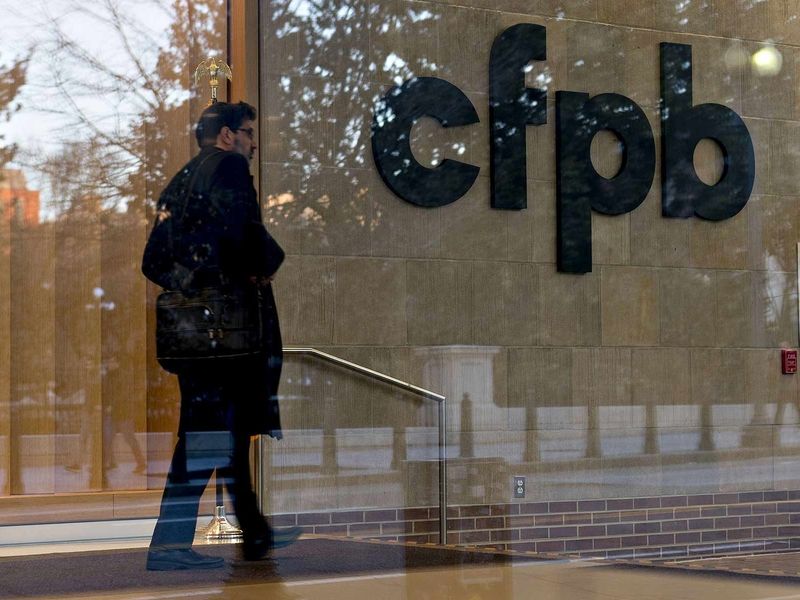
Enforcement actions from the Consumer Financial Protection Bureau under its new director are likely, according to senior executives at the American Financial Services Association.
Danielle Fagre Arlowe and Celia Winslow, senior vice presidents at AFSA, said state and federal scrutiny in the automotive finance industry will sharpen under Democratic leadership. Their remarks were made during a Tuesday presentation at the organization’s virtual conference.
“The CFPB is going to pick up exactly where it left off with [former director Richard] Cordray,” Winslow said. “There’s going to be a renewed determination to get back to its roots, but possibly, [there will] be a little bit more of a focus on enforcement.”
Winslow highlighted areas of fair lending and voluntary protection products as targets for the new administration at the federal agency, which she said will have familiar faces from the Obama administration at the highest levels.
There’s been anxiety in the automotive sector that under new leadership from President Joe Biden and a Democratic majority in Congress, a larger focus will be placed on compliance than occurred during the Trump administration.
Yet collaboration is strained at the state and federal levels due to coronavirus restrictions, Winslow said. Though incoming and current members of the Biden administration may have ambitious plans to examine consumer lending, that doesn’t necessarily mean all of those directives will succeed.
“Right now, we have a united democratic government. Well, that’s united in the sense the Democrats are in charge of the White House, the Senate and the House,” Winslow said. “But the Democratic Party has its fractions just the same as the Republican Party.”
Other challenges facing automotive lending include rate caps on installment loans at the state and federal levels and renewed focus on equity in lending.
AFSA is bracing for Illinois Gov. J.B. Pritzker to sign into law SB 1792, a bill that includes a provision titled the Predatory Loan Prevention Act, which some experts say limits credit access to consumers who fail to qualify for lower interest rate terms.
Testimony provided by consumer protection advocates in Illinois and New Mexico claimed that a 36 percent rate cap is normal on a national level, which Arlowe said is false.
“There’s kind of a playbook that we saw emerge on the advocacy side,” Arlowe said. “Advocates will say that 36 percent caps are everywhere, that the state is late to the table, which is not true. There’s an implication that there’s a widespread use of all in APR, which is not true.”
Pressure from the Illinois bill could trigger similar action in other states, though Winslow said an all-in federal rate cap is “clearly a priority for the House Financial Services Committee and certain Democratic senators.”
Fair lending won’t just be looking at disparate impact and dealer reserve, Winslow said, but will include interpreting the Equal Credit Opportunity Act to prohibit discrimination on the basis of sexual orientation and gender identity.
“At the CFPB, fair lending will be in enforcement,” Winslow said. “I don’t think it’ll be in guidance. I don’t think it’s going to be in rule making. I think you’re going to see enforcement actions.”

